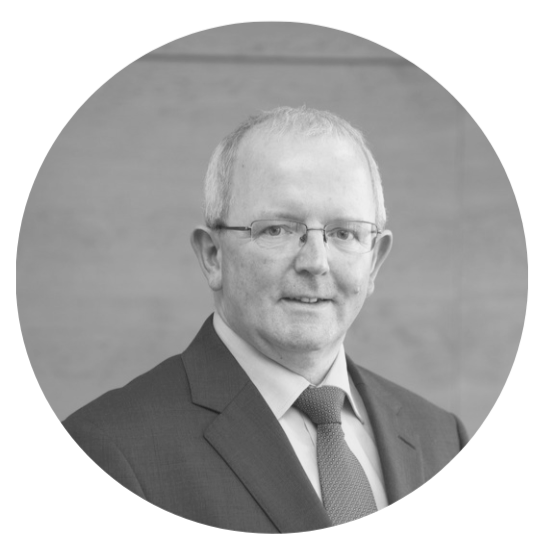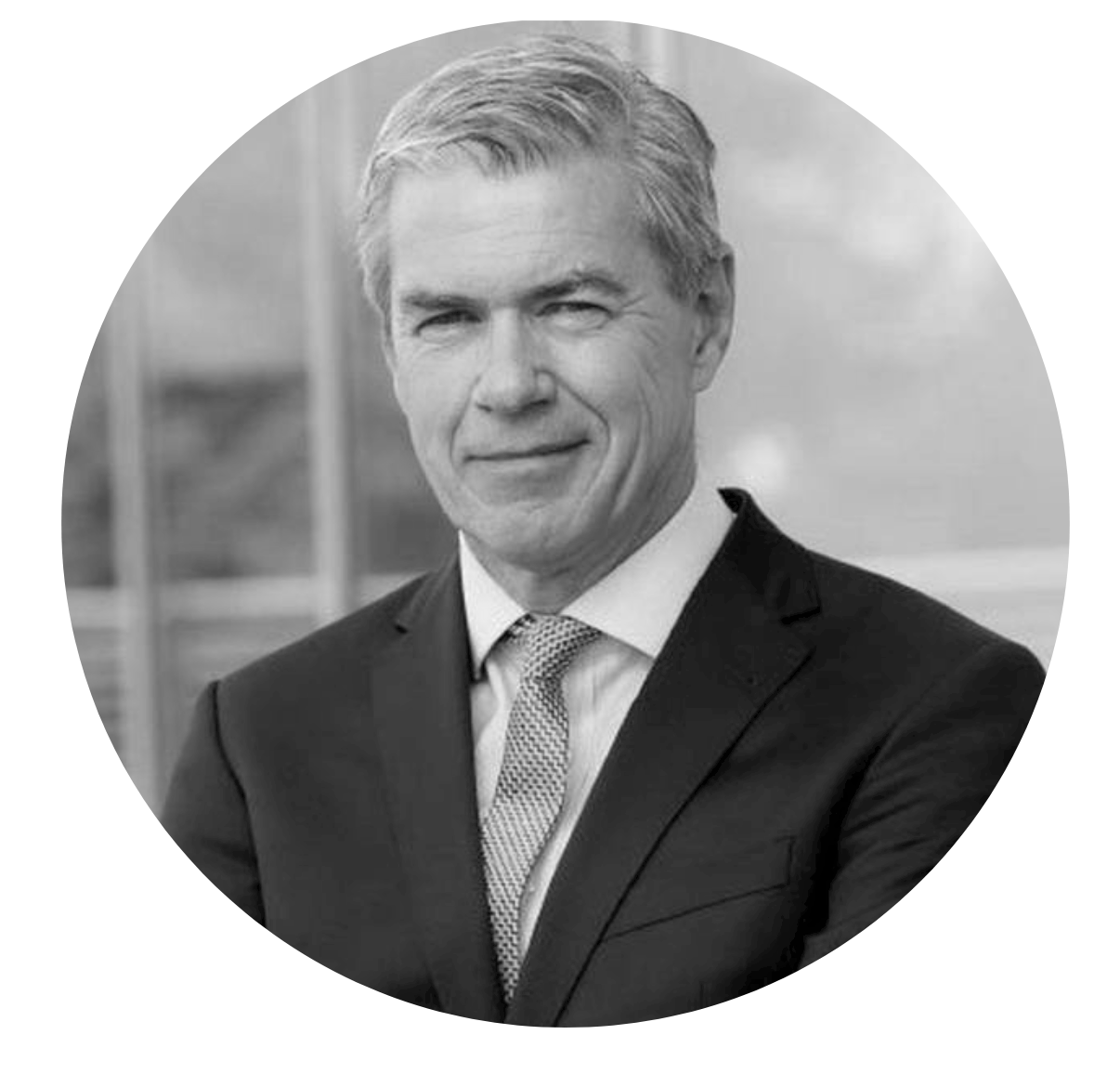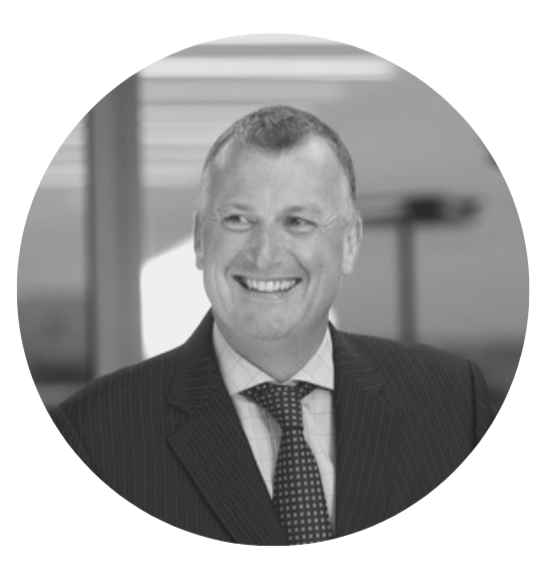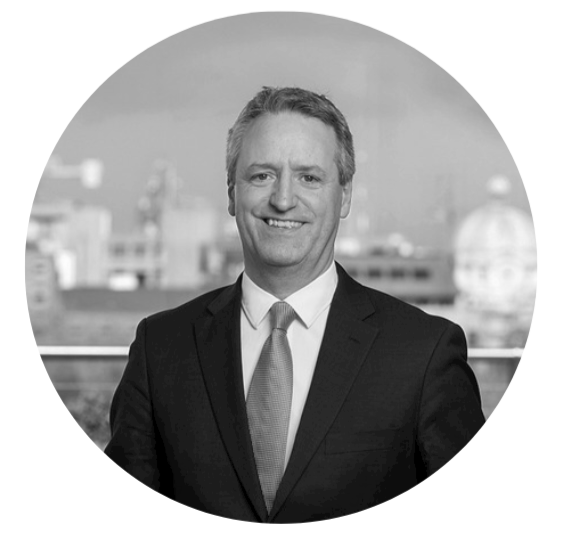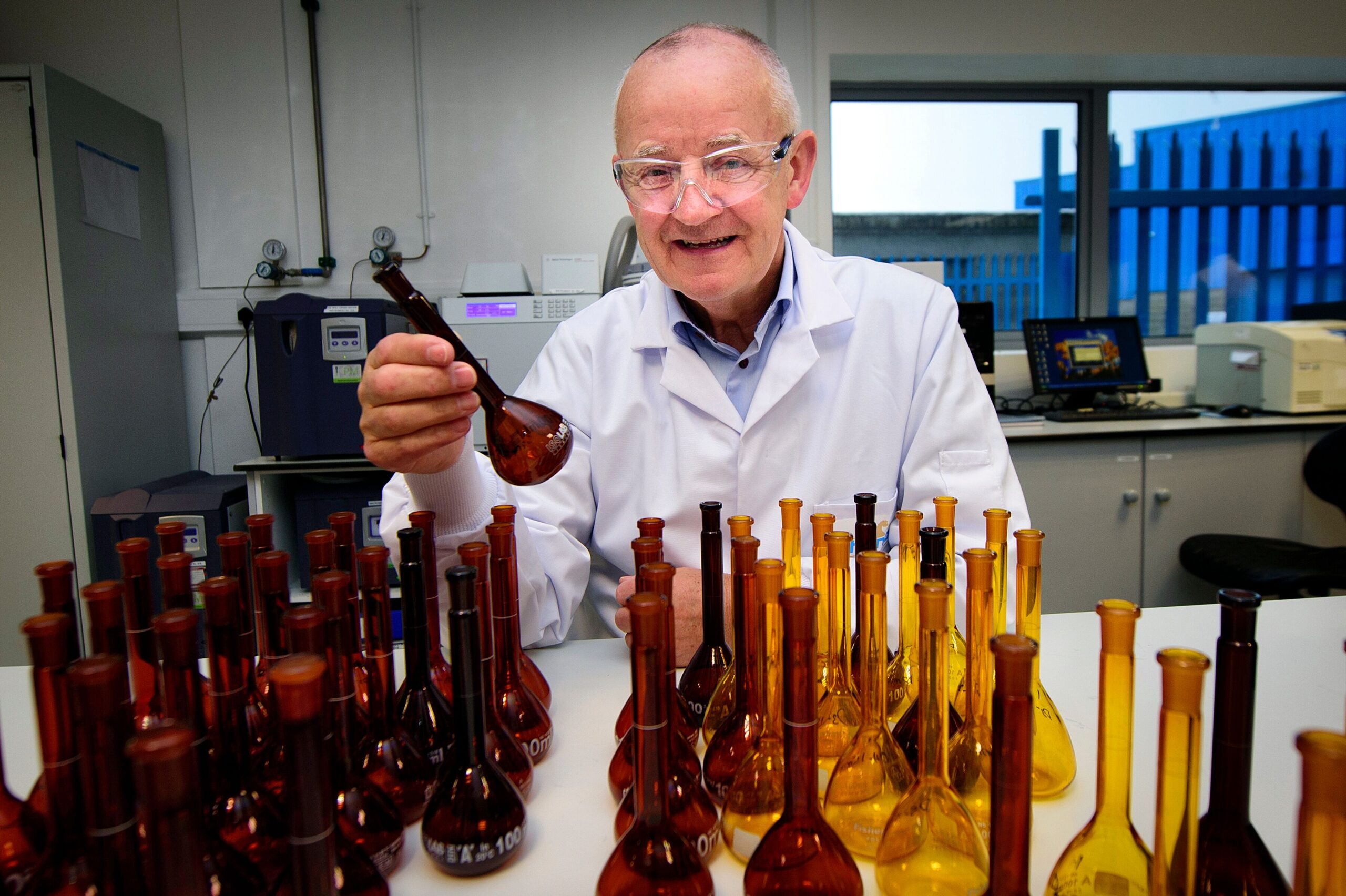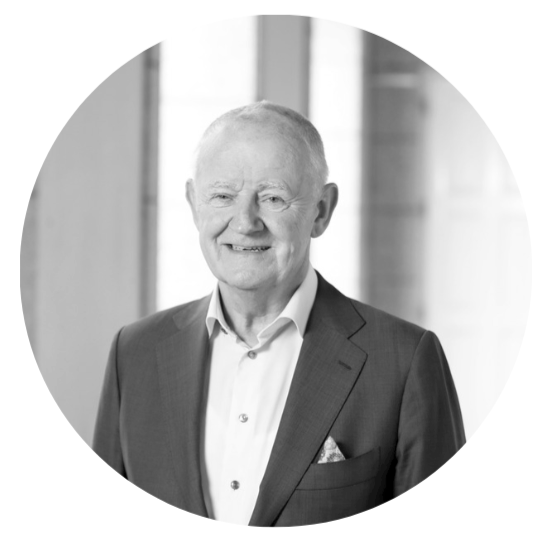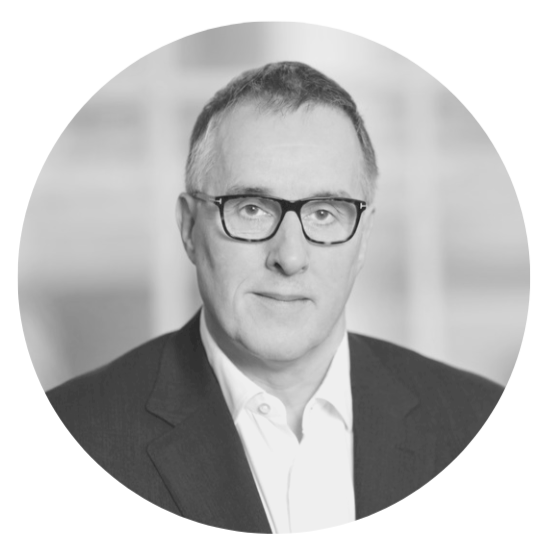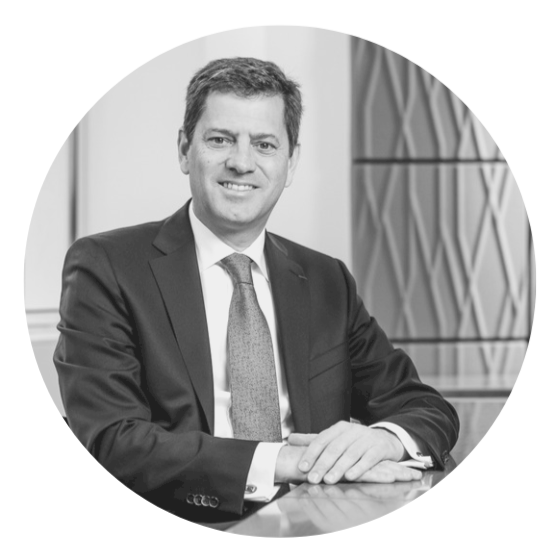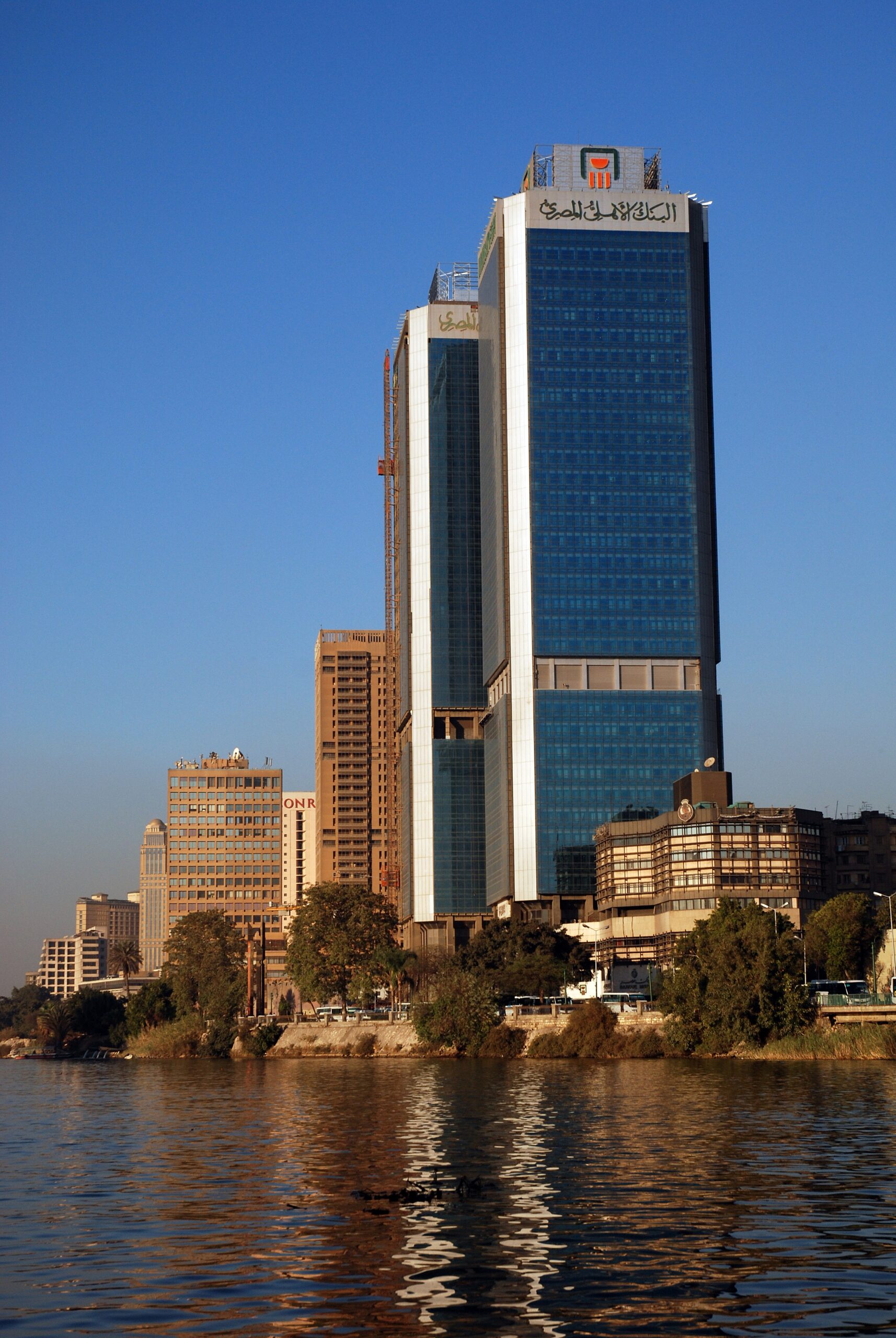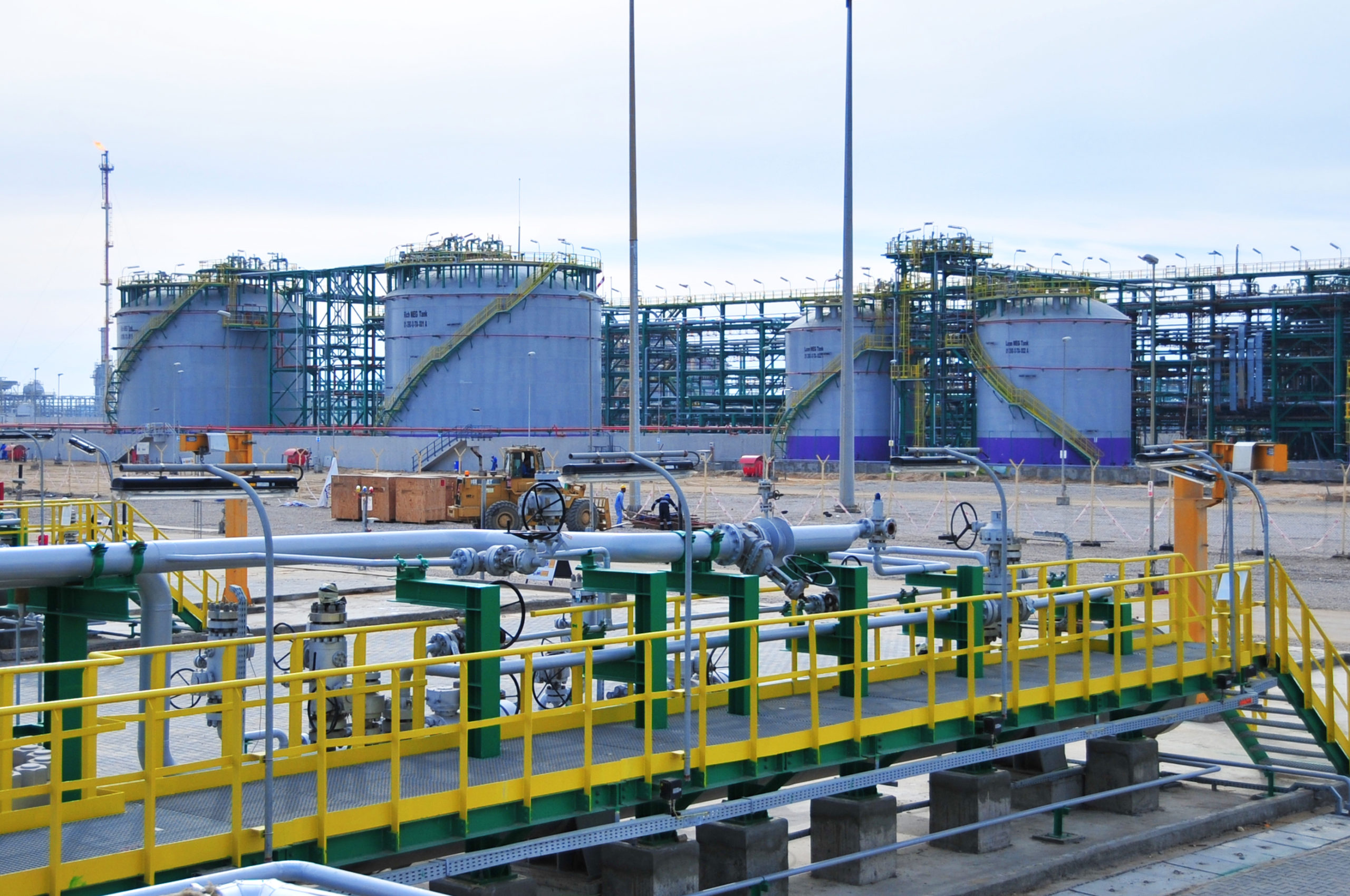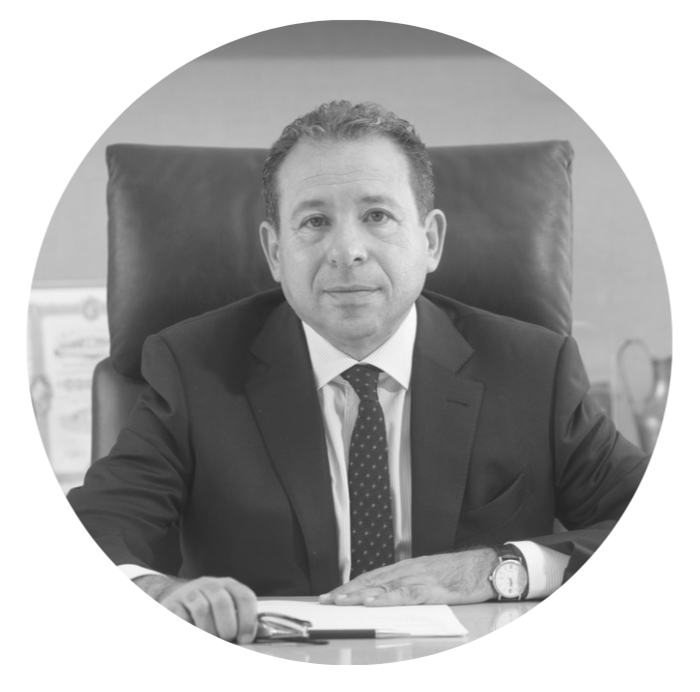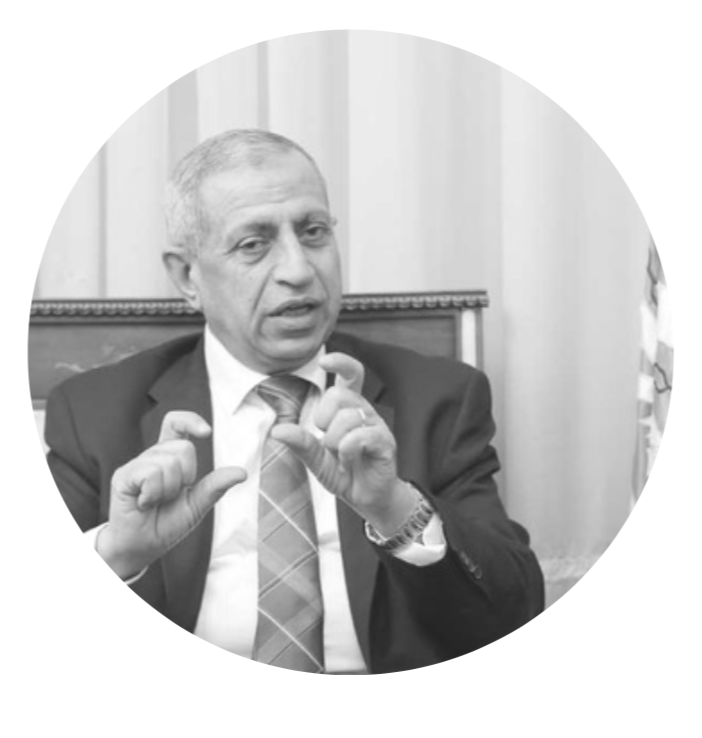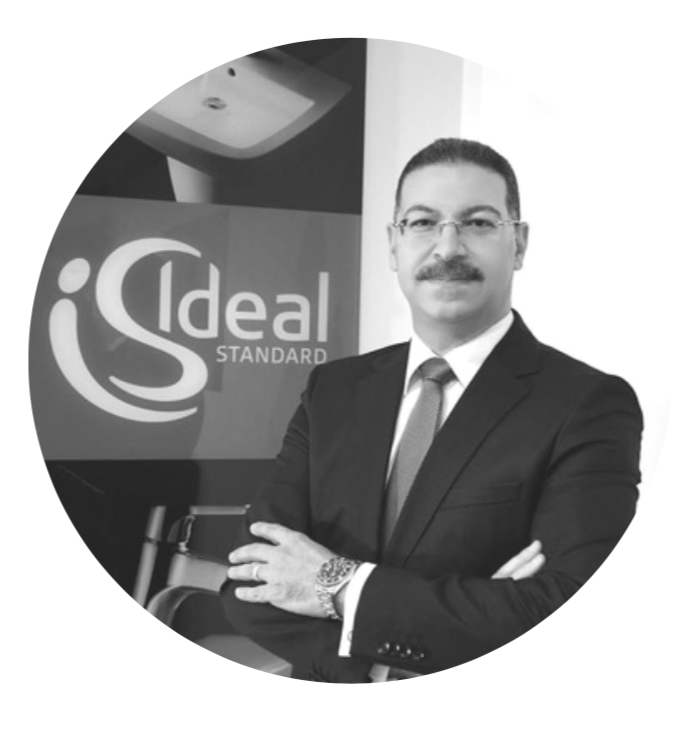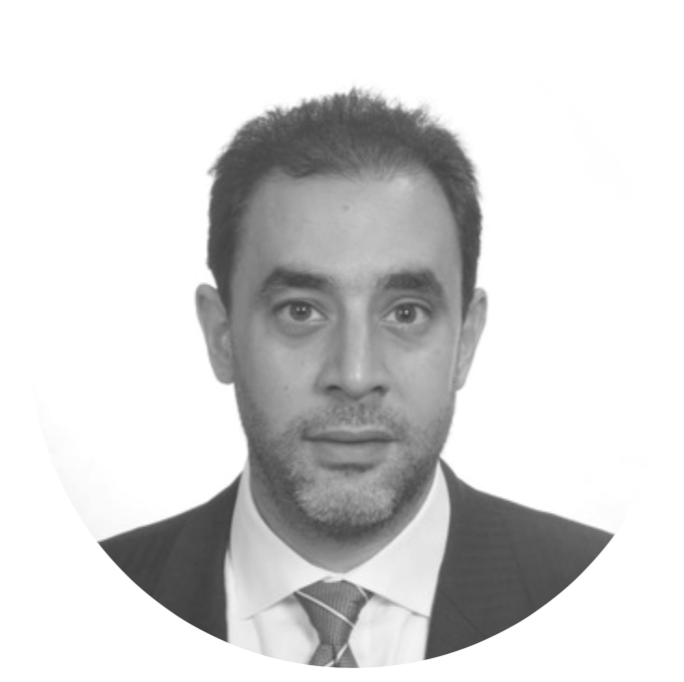
Unique location, tonnage tax system are among critical factors powering the nation’s maritime sector
The Republic of Cyprus is home to many major industries, but one of the nation’s most prominent trades is the maritime and shipping sector. Cyprus is regarded as one of the most dependable and competitive shipping centers in the world. Overcoming the odds, the nation has effectively developed a diverse and powerful maritime services sector that provides a distinct set of competitive advantages in terms of quality service, registration fees, and taxes. According to high-ranking players in the field, Cyprus has no intention of resting on its laurels. Instead, plans are in place to build on decades of success by introducing several crucial upgrades in the near future.
Each year, Cyprus’s shipping industry adds more than USD one billion to the island nation’s economy. That figure is equivalent to seven percent of Cyprus’s GDP, a considerably higher percentage than those seen in other countries involved in shipping and related businesses. The merchant fleet flying the Cypriot flag is the third-largest in Europe and the eleventh largest globally. In addition, Cyprus is the single biggest center for ship management in the European Union and one of the top three providers of these services worldwide. Over 250 Cyprus-based enterprises handle more than 20% of the world’s third-party management fleet, providing world-class shipping-related services. Cyprus continues to manage one of the largest merchant fleets in the world as the ships circumvent the world’s oceans.
The Factors Behind Cyprus’s Maritime Boom

Deputy Minister of Shipping
Republic of Cyprus
Cyprus’s continued success in the maritime and shipping sector is no coincidence. One significant factor powering the nation’s shipping industry is its prime location. It serves as the southeastern border of the EU and sits near the Suez Canal at the crossroads of three continents.
That said, Cyprus would not be able to maintain a booming shipping industry for decades on end by relying on its location alone. Instead, another element that has helped Cyprus build a reputation as a hotspot for maritime operations is its famously robust regulatory framework. That has created a sense of stability that investors have found appealing, especially since the island is close to the Middle East.
Other factors contributing to the strength of Cyprus’s maritime and shipping sector include the minimal operating costs, multilingual workforce, and tonnage tax regime available to businesses operating there. The Cyprus Tonnage Tax was implemented with EU approval and has been incredibly helpful for shipping firms active in Cyprus. In 2012, about 96 companies were enrolled in the Tonnage Tax system; by 2021, this number had jumped to 280 businesses.
What the Future Holds for Shipping in Cyprus
Thanks to these actions and others, Cyprus has maintained its status as a maritime world leader in recent years. However, Cyprus’s Deputy Minister of Shipping, Vassilios Demetriades said work must be done to keep the sector competitive and resilient over the long term.
Minister Demetriades stated, “To do that, we have recently established a long-term strategy for Cyprus’s shipping industry under the name “SEA Change 2030.” The word ‘SEA’ is an acronym – ‘S’ stands for ‘sustainability’, ‘E’ stands for ‘extrovert’ and ‘A’ stands for ‘’adaptability. The reason why ‘extrovert’ was chosen instead of ‘efficiency’ is that the shipping sector tends to be quite introverted and conservative. We want to become more extroverted in how we work with the local and global shipping community, how we promote Cyprus’s shipping industry, and how we respond to feedback regarding our operations.”
“SEA Change 2030” includes 35 concrete actions for Cyprus’s maritime and shipping sector, all of which are based on these three strategic pillars. Demetriades considers it essential for Cyprus to promote a collaborative and extroverted approach to developing the sector through systematic collection of industry intelligence, and consultation with all stakeholders, which he emphasized has led to the current strategy. Cyprus is steadfast in its determination to adapt to global trends and an ever-changing maritime environment. And above all, Demetriades reaffirmed his country’s dedication to fostering sustainable practices and ensuring policies support the long-term vision.

Antonis Stylianou
President
Cyprus Ports Authority
Recent Improvements and Challenges
The United States is among Cyprus’s most important economic partners across all industries – including shipping. The connection between the two nations goes well beyond basic trade. President of the Cyprus Ports Authority, Dr. Antonis Stylianou said the United States has recently invested USD five million into a Cypriot maritime training center.
Stylianou stated, “As part of their general strategy in the Mediterranean region, the United States has established an important facility in Cyprus which we call CYCLOPS – the Cyprus Center for Land, Open-seas, and Port Security. This was a huge investment for a nation of our size, and it has created major improvements in how we handle training for port management, port security, and so on.”
In cooperation with the EU’s Blue Growth and climate change strategies, Cyprus is also working to make its shipping industry as sustainable as possible. A critical step towards this goal was the establishment of Cyprus’s Shipping Deputy Ministry in 2018, which led to several measures intended to make the nation’s maritime industry more eco-friendly. In 2021, Cyprus introduced green tax incentives to incentivize the shipping industry to promote environmentally sustainable approaches in their operations. Cyprus is recognized by international entities, and enjoys a status as a “white-listed” state according to the Paris and Tokyo Memorandum of Understanding on Port State Control in the European and the Asia-Pacific region, and appeared on the Qualship 21 list issued by the US Coast Guard, representing adherence with inspection, certification, safety, and pollution prevention policies.
Stylianou also spoke about the shipping industry’s connection to Cyprus’s growth as an energy exporter. He stated, “Cyprus is becoming an energy hub thanks to the exploration of resources such as hydrocarbons in the Exclusive Economic Zone of Cyprus. As a result, our ports have seen significant activity related to energy exports. Additionally, Cyprus Ports Authority and our partners have been involved in supporting operations to neighboring countries such as Israel and Egypt in their own exploration activities related to hydrocarbons. The two largest ports in Cyprus, located in Limassol and Larnaca, have been commercialized while remaining under the supervision and regulation of the Cyprus Ports Authority. We also operate, supervise, and regulate the main industrial ports on the island along with other small and medium-sized ports. With all that in mind, we believe the Cyprus Ports Authority plays an important role in supporting the developments taking place in relation to our maritime industry.”
Of course, Cyprus’s maritime and shipping sector has recently faced some difficulties. Like nearly every other industry, shipping in Cyprus was affected by the COVID-19 pandemic. The ongoing Russian-Ukrainian crisis has further disrupted the regional economy.
While the Cyprus Ports Authority has been taking common-sense steps to deal with COVID-19, it has also used this situation as an opportunity to digitize its operations. In the future, these efforts could encourage future investments in the nation’s shipping industry. Recently, Cyprus has welcomed vessels affected by the war in Ukraine while strengthening its ties to the United States and other Western nations.



